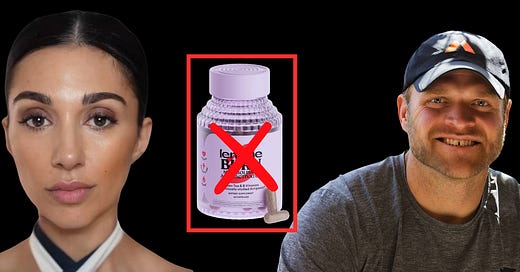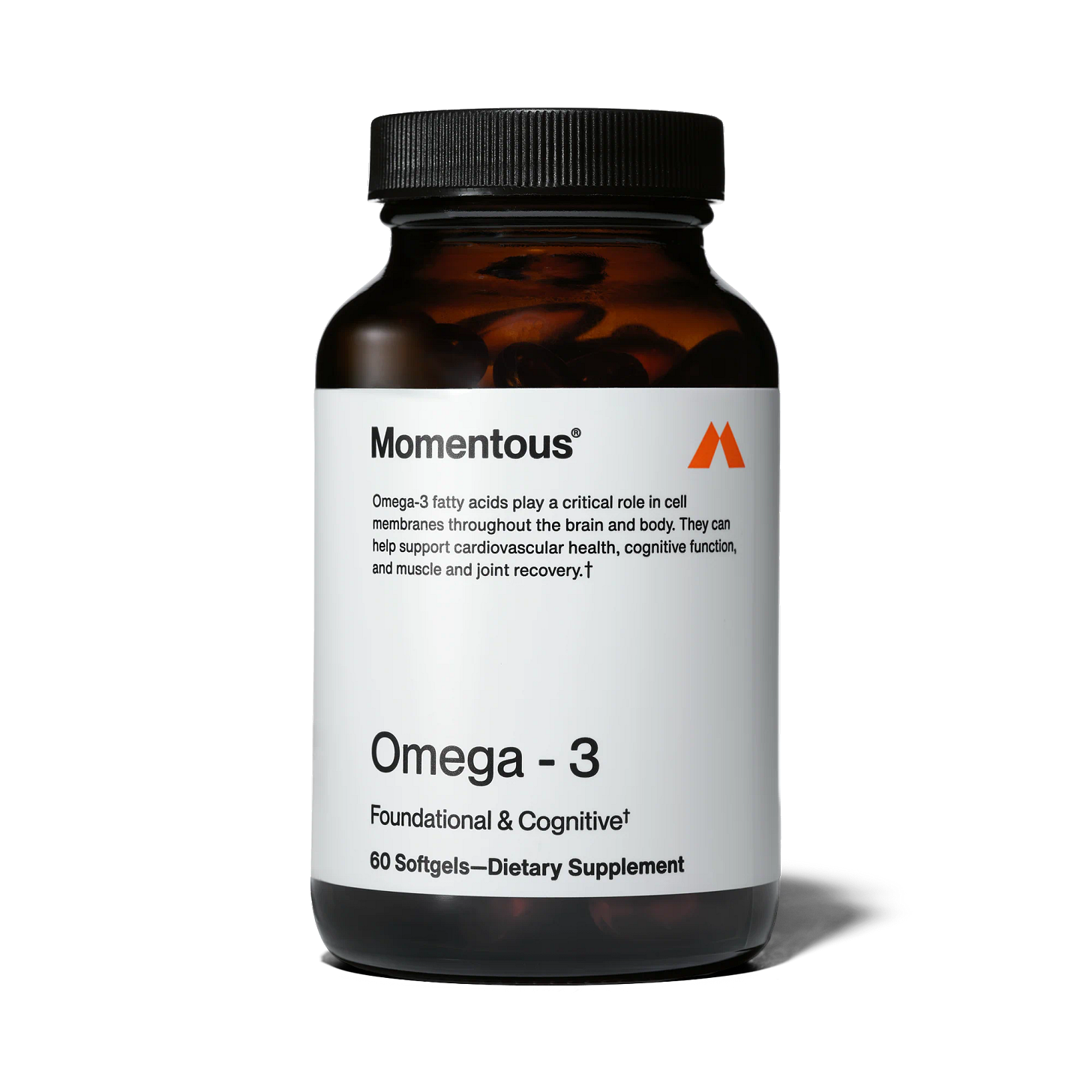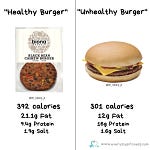Neuro Athletics is a 2 x weekly newsletter that breaks down the medical and scientific practises that you need to perform at your peak. Subscribers include professional athletes, athletic trainers, coaches and casual fans. So if you are not already a subscriber, sign up and join 68,000+ others who receive it directly in their inbox each
Story at a Glance:
Some medications do more than treat disease—they may extend lifespan.
UK Biobank data suggests that certain prescription drugs correlate with reduced all-cause mortality. These include statins, PDE5 inhibitors (Viagra), and hormone replacement therapy (HRT).
SGLT2 inhibitors and PDE5 inhibitors are gaining attention for longevity benefits.
Originally used for diabetes and erectile dysfunction, these drugs improve vascular health, glucose metabolism, and inflammation—key mechanisms in aging.
Estrogen therapy might be one of the strongest anti-aging interventions for women.
The study found that women on HRT had a 30-40% lower mortality risk, making it a powerful tool for aging, brain health, and cardiovascular function.
Neuro Athletes,
I spend most of my time training elite athletes and high-performing executives, but I’m also a scientist obsessed with human longevity. I research neurodegeneration, I analyze clinical data, and I test emerging science on myself before I ever talk about it publicly. Today, I want to share something that’s been on my radar: prescription medications and supplements with the potential to extend life—not just in theory, but backed by data.
A recent study utilizing the UK Biobank—a dataset tracking 500,000 individuals over four decades—looked at how different prescription medications impact all-cause mortality (essentially, your overall risk of dying from anything). Typically, medications are associated with higher mortality rates, because they’re often prescribed for serious health conditions. But this study found 14 medications linked to lower mortality rates—meaning people who took them lived longer than health-matched controls who didn’t.
Let’s dive into some of the most intriguing findings.
1. Statins (Atorvastatin, Simvastatin) – More Than Just Cholesterol Control
Statins are well-known for lowering LDL cholesterol, but they also appear to have longevity benefits, even in individuals without heart disease. The biological mechanism? Statins reduce inflammation and oxidative stress, two major drivers of aging. Some studies also suggest that lower doses (20mg or less) might provide the greatest benefit while minimizing potential side effects. (Study)
👉 What I’m considering: Low-dose atorvastatin (10-20mg), particularly if lipid panels indicate elevated LDL or inflammation markers.
2. Sildenafil (Viagra, Cialis) – Not Just for Erectile Dysfunction
This class of drugs (PDE5 inhibitors) improves circulation by dilating blood vessels, but it may do much more. The UK Biobank study found that men who took Sildenafil had a 15% lower mortality risk. These medications have been explored for preventing heart disease, reducing inflammation, and even improving brain function by increasing nitric oxide.
👉 What I’m considering: Low-dose Tadalafil (Cialis) for potential longevity and vascular benefits.
3. SGLT2 Inhibitors (Empagliflozin, Dapagliflozin) – Game-Changers for Metabolic Health
Originally developed for diabetes, these medications help the body eliminate excess glucose through urine—essentially mimicking some of the benefits of fasting. They also appear to reduce cardiovascular risk, improve kidney function, and potentially enhance longevity.
👉 What I’m watching: The use of these drugs in non-diabetics for metabolic optimization.
4. Naproxen – A Potential Anti-Aging NSAID?
Most NSAIDs (like ibuprofen) are a double-edged sword—they reduce inflammation but come with cardiovascular risks. Naproxen, however, showed a 10% reduction in all-cause mortality in this study. It’s one of the few NSAIDs with a neutral cardiovascular risk profile, making it an interesting option for long-term anti-inflammatory use.
👉 What I’m questioning: Could Naproxen play a role in chronic inflammation management for longevity?
5. Estrogen & HRT (Estradiol, Estriol, Vagifem) – The Strongest Signal in the Study
For postmenopausal women, estrogen-based hormone replacement therapy (HRT) showed some of the strongest associations with reduced mortality. The data suggests a 30-40% lower risk of dying in women who took HRT compared to those who didn’t. Given that estrogen affects brain health, bone density, and cardiovascular function, this aligns with existing research on its protective effects against age-related decline.
👉 What I believe: Women in perimenopause and menopause should strongly consider bioidentical HRT under medical supervision.
What About Supplements?
While prescription drugs dominate the UK Biobank study, there are nutraceuticals that I think belong in the same conversation.
Rapamycin (mTOR inhibitor) – Considered one of the most promising longevity drugs in animal models.
Creatine Monohydrate – Not just for muscle, but also for cognitive performance and mitochondrial health.
Astaxanthin – A powerful antioxidant that crosses the blood-brain barrier.
Spermidine – Mimics fasting and activates autophagy.
Berberine – Natural glucose modulator with effects similar to Metformin.
Today’s Newsletter Is Brought To You By Momentous
I've incorporated Momentous Omega-3 into my daily regimen to boost brain function, enhance overall well-being, and support heart health. One of the standout benefits of omega-3 is its ability to support cognitive health and reduce the risk of age-related cognitive decline.
As we age, particularly around 40, many of us begin to notice a decline in memory and mental sharpness.
By supplementing with omega-3, you can maintain cognitive health, improve mental clarity, and support brain function as you age.
And here’s the best part—Momentous offers an unparalleled commitment to quality. With strict third-party testing and partnerships with top experts, it’s the trusted choice for elite athletes and health professionals alike.
Try Momentous Omega-3 today and give your brain and body the support they deserve.
Code: NEURO for 20% off
Final Thoughts: What Does This Mean for You?
If there’s one takeaway, it’s this: Medical science is moving toward treating aging as a disease. The idea that certain drugs could extend lifespan—outside of their original intended use—is no longer speculative. But before rushing to your doctor asking for a prescription, consider the following:
✔️ Test, don’t guess. Work with a physician to analyze bloodwork, lipid panels, inflammatory markers, and metabolic health.
✔️ Lifestyle is still king. Exercise, sleep, diet, and stress management matter more than any pill.
✔️ Stay informed. The field of longevity is evolving rapidly. What we know today may change in 5 years.
I’ll keep sharing the latest research as I dive deeper into this space. If you found this helpful, let me know—what are you most excited about when it comes to longevity science?
Stay Healthy,
Louisa














Share this post